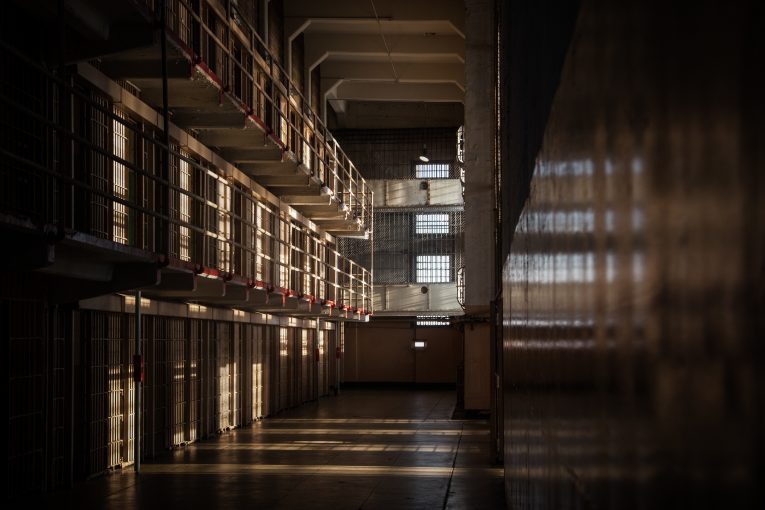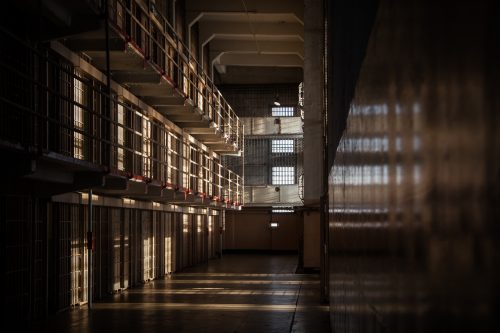

By Helen Shamamyan & Sarah Chayet
BOSTON, MA – Incarcerated people and their support systems are facing financial strain because of a fining system within prisons, according to a recent analysis by the Prison Policy Initiative (PPI).
According to Leah Wang’s article on the PPI website, prisons across the U.S. fine incarcerated people based on what is deemed bad behavior, or “horseplay.” The prison administrators who favor this method said it helps to simulate real-life consequences, similar to that of a parking ticket.
However, the PPI’s study argues this method perpetuates distrust and isolation among incarcerated people and prison guards.
In addition to bad behavior, Wang states incarcerated people often have to pay a fine each time they are put into solitary confinement. Wang’s analysis shows because of the different roles of money inside prisons, it can take incarcerated people multiple weeks to pay back a single fine.
Paired with such facts, PPI’s findings also note disciplinary hearings in prisons only require “‘some evidence’ of misconduct” in their processes of punishing individuals, according to a case observed in a 2015 study of prison discipline.
The article quotes this case briefly, stating that a “male prisoner tosses a plastic cup half-full of liquid toward a prison officer, nearly hitting her….(T)he result, almost inevitably, will be cellular confinement (segregation) and a loss of privileges of some sort.”
Wang specifies, “To determine just how common disciplinary fines and fees are, (PPI researchers) combed through the publicly available policies on prison disciplinary procedures in each state and the federal prison system.
“Most prison systems impose disciplinary fines between $5 and $25, but some charge hundreds or thousands of dollars,” and, “Some prison systems insidiously present these charges as ‘administrative’ fees,” according to Wang’s recount of the PPI’s examination of prison discipline and “inmate account” policies in all 50 states.
For those in prison who do not earn a wage—which is about half of incarcerated people—PPI found paying these fines becomes increasingly difficult. Even if one has family members or support systems who can assist them financially, Wang’s study reveals the existence of a deduction system where a large majority of an incarcerated person’s funds are applied to prison debt.
Wang said this issue is a common practice known as “garnishing,” or deducting from an incarcerated person’s funds, and explains how garnishing acts as a barrier to incarcerated people’s ability to receive any financial assistance from family members and supporters outside of prison, according to the aforementioned article.
“The financial cost of events that happen in prisons, which are inherently violent and mentally damaging places, shouldn’t be billed to incarcerated people and their families,” said the report.
Wang concludes, “The current approach to handling prison misconduct, in which fines play just a supporting role, is infantilizing and creates bleak conditions like solitary confinement and deprivation, which in turn lead to violence and mental health problems.”
Wang adds there is a need for major shifts in the norms of today, stating, “To make prisons safer for everyone, administrators should overhaul disciplinary processes and provide more access to and opportunities for family contact, education, healthcare, treatment, and repairing harm.”
Wang’s article cites an alternative approach to remedying the consequences of such fines and fees from Michelle Butler and Shadd Maruna’s research journal, “Rethinking Prison Disciplinary Processes: A Potential Future for Restorative Justice.”
This approach would prioritize “restorative justice,” focusing on “alternative ways to problem-solve (that) could lead to a more trusting, safer climate.”




